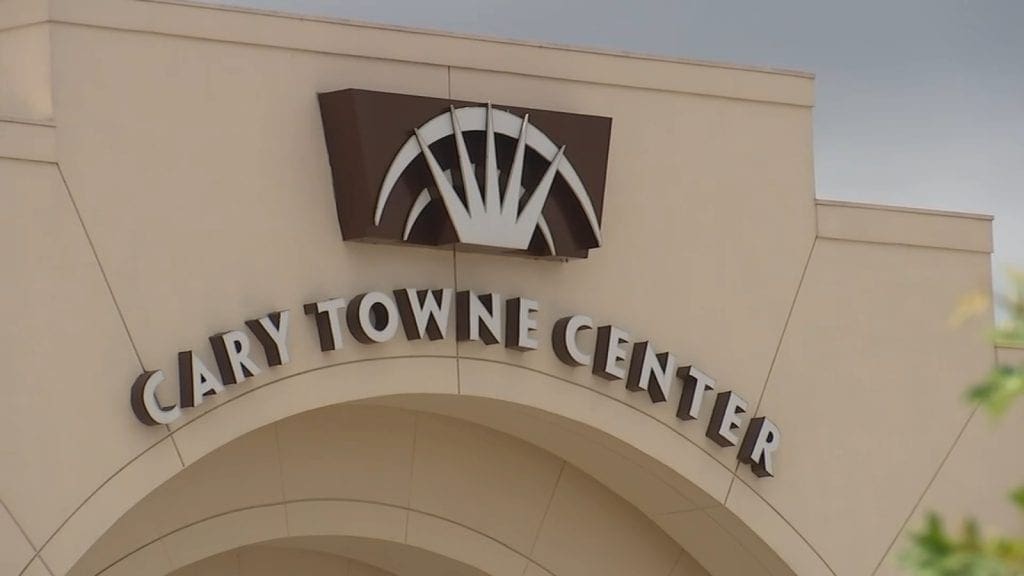The initial US chip factory constructed by TSMC faced unforeseen delays in both its establishment and commencement of production. However, the company has assured that upcoming facilities will be developed much more quickly, paving the way for domestically manufactured chips for somewhat newer Apple devices.
Former Intel CEO Pat Gelsinger, however, has expressed skepticism about the initiative, implying that it may not significantly bolster the US position in the global chip industry.
Apple Chips: ‘Made in America’ Initiative
Apple initially revealed its plans for ‘Made in America’ chips in 2022, celebrating this as a notable achievement under the US CHIPS Act. This initiative includes the establishment of several TSMC manufacturing plants in Arizona, dedicating a portion of their output to Apple chips for older devices.
Despite the positive announcement, the project has encountered numerous setbacks and uncertainties. Mass production at the first facility, initially expected to commence last year, was rescheduled to this year. Concerns regarding the promised American jobs have arisen, particularly with the recruitment of many workers from Taiwan, leading to allegations of “anti-American discrimination.”
Additionally, skepticism has emerged surrounding a recent declaration of an additional $100 billion investment.
TSMC Assures Solutions to Timeframe Issues
The inaugural TSMC plant is limited to producing larger process chips intended for earlier Apple devices. This includes the A16 chip, originally created for the iPhone 14 Pro, which is now discontinued, as well as the base model iPhone 15, still sold by Apple but likely in reduced quantities.
If the establishment of new US plants takes several years, it could result in US-manufactured Apple chips being exclusively designated for significantly older devices.
Nevertheless, Nikkei Asia has reported that TSMC has guaranteed investors that the slow pace exhibited during the development of its first US facility will not be repeated. While the first plant took five years to complete and launch, the company claims that future facilities will be operational within two years.
This timeline would lead to a 3nm plant being operational in 2028, and a 2nm facility “before 2030.” While these US plants will still trail behind the leading-edge facilities in Taiwan, they will at least narrow the gap.
Dismissive Remarks from Former Intel CEO
Given that TSMC’s advanced chip-making capabilities far exceed those of Intel, it’s not surprising that the two firms have had a tense relationship. After Apple transitioned from Intel Macs to those powered by Apple Silicon, Intel maintained that it could catch up or even regain its former business.
Despite being ousted from his position due to unmet targets, ex-CEO Pat Gelsinger remains skeptical regarding TSMC’s initiatives in the US. According to the Financial Times, he stated that these actions will do little to promote US chip manufacturing.
“Without R&D in the US, semiconductor leadership cannot be attained here,” Gelsinger asserted. “All R&D conducted by TSMC is based in Taiwan, and there have been no announcements to relocate that.”
Considering TSMC regards its headquarters in Taiwan as crucial for safeguarding the confidentiality of its most advanced technologies, it seems improbable that the company would shift any significant R&D functions to the US.



